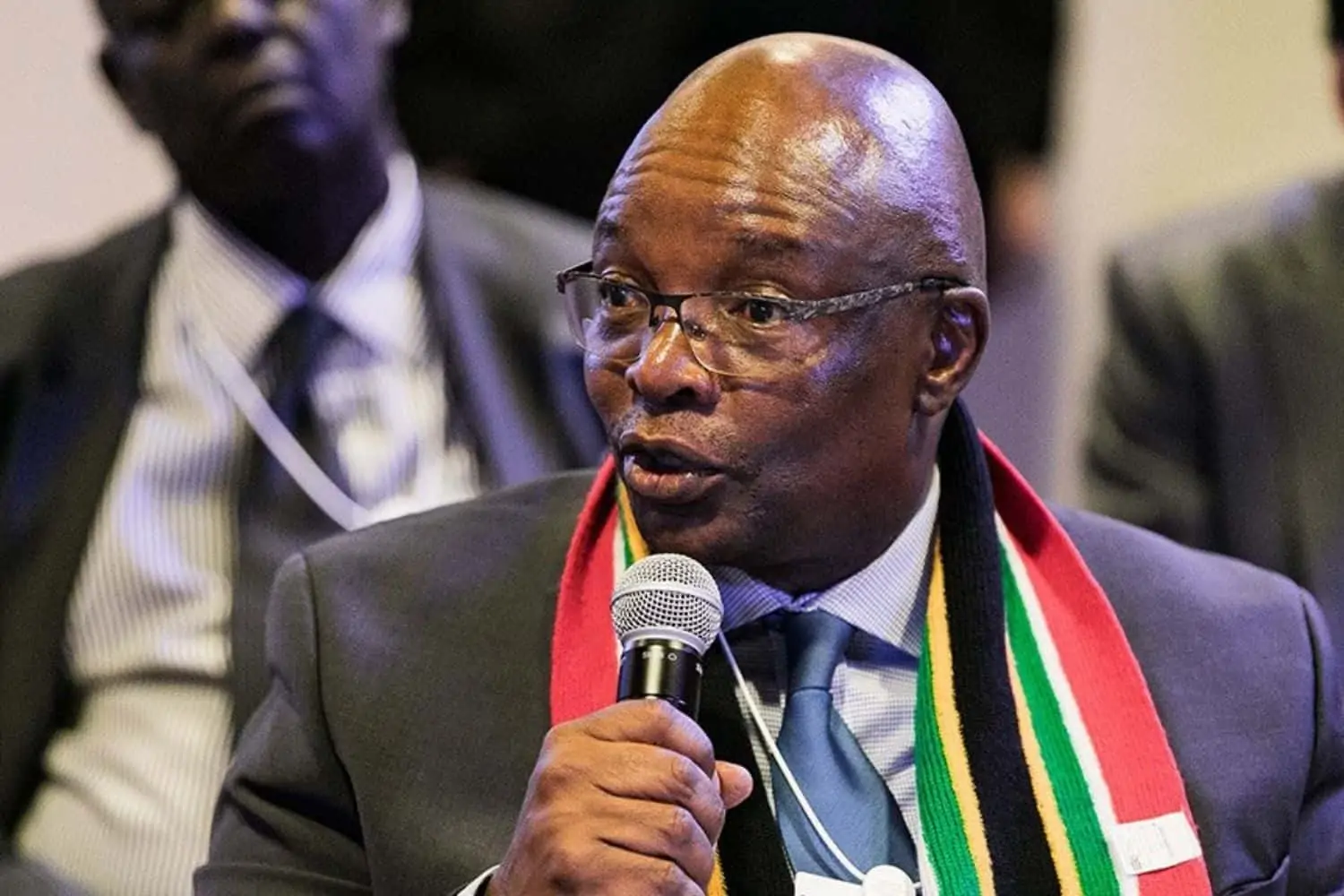On Tuesday, 26 October, ABSA announced that Sello Moloko was appointed as its new chairperson despite damning allegations made by business executive Sipho Pityana.
In a statement, the bank said: “After the completion of this process, the Absa Boards resolved to nominate Mr Sello Moloko for the position and submitted his nomination as Independent non-executive director and Chair to the Prudential Authority (PA) for approval.
The Prudential Authority approved Moloko’s nomination and Absa has made the appropriate announcements in this regard.”
Pityana served legal papers after the bank reportedly “blocked” him from becoming chairperson
The announcement came after Pityana served legal papers to the South African Reserve Bank (Sarb) Prudential Authority (PA) citing that the authority blocked him from becoming chair of ABSA bank.
According to Pityana, they did so by conducting an informal process and consulting with third parties, including former ABSA bank CEO Maria Ramos, about whether he was “fit and proper” for the role.
And according to Pityana, Ramos brought up a sexual harassment allegation against him that dates back to 2020 when he was chairperson of AngloGold Ashanti.
Pityana denied the allegation against him and said the PA did not give him an opportunity to defend himself.
Sarb response to Pityana
In response, Sarb was planning to challenge these allegations made by Pityana in court against its Prudential Authority (PA), which regulates the banks.
In a statement, the Reserve bank said it “acted according to its mandate and will respond fully to all matters raised through the judicial process as the formal legal process has now commenced”.
This comes after Sarb said it was the responsibility of the “regulated entity” to nominate members of the board and is ultimately responsible for the appointment of directors of the board as well as executive officers.
“The Prudential Authority (PA) has the mandate to assess the fitness and propriety of proposed appointments of directors and executive officers, and has the right and responsibility to object to an appointment based on competence or integrity of the proposed candidate,” the authority said.
“As a matter of policy we do not discuss matters related to any regulated entity in public, and the confidentiality of the entity and relevant individuals are respected in accordance with confidentiality requirements,” it added.
